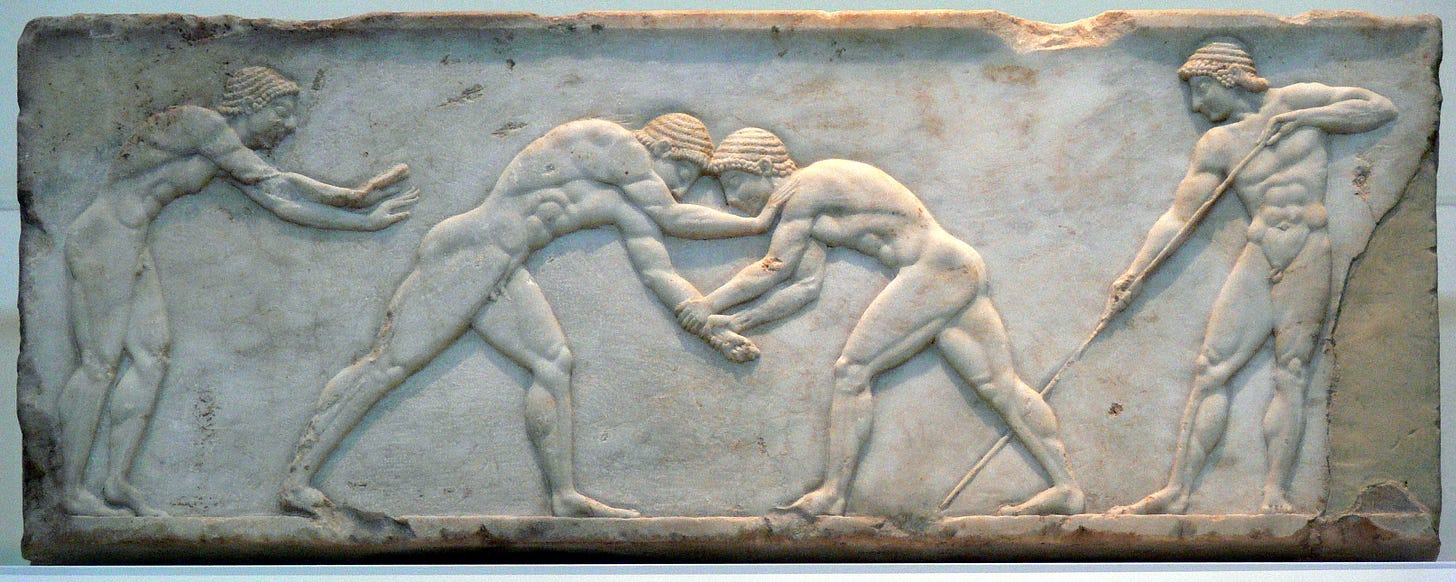In 1989, John O’Sullivan formulated a law: “All organizations that are not actually right-wing will over time become left-wing.” If some found it difficult to accept O’Sullivan’s Law at the time—don’t ask me, I was still a babe in swaddling clothes—it seems impossible to deny it now, as we approach the third anniversary of the Summer of 2020. Every majo…
Keep reading with a 7-day free trial
Subscribe to PostModernConservative to keep reading this post and get 7 days of free access to the full post archives.




